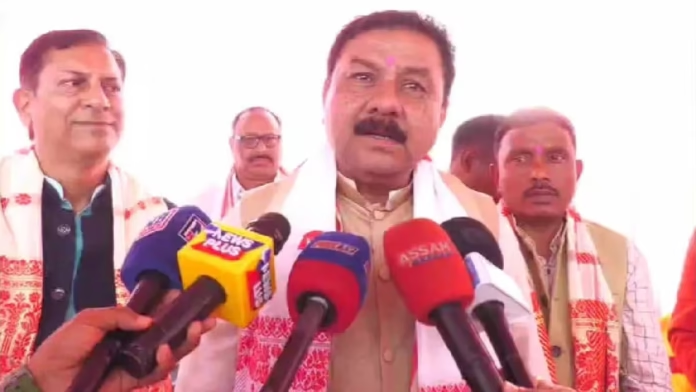Assam Minister Ranjit Kumar Das has sharply criticized Arvind Kejriwal, the leader of the Aam Aadmi Party (AAP), labeling him a “deceptive friend of the poor.” Das’s remarks come amid escalating political tensions between the Bharatiya Janata Party (BJP) and AAP, with both parties exchanging accusations over governance and policy issues.
Minister Das’s criticism centers on Kejriwal’s governance in Delhi, particularly his promises to improve public services and infrastructure. Das argues that Kejriwal’s initiatives have fallen short, failing to deliver tangible benefits to the underprivileged communities. He contends that while Kejriwal presents himself as a champion of the poor, his actions do not align with his rhetoric.
This criticism is part of a broader narrative where BJP leaders have questioned Kejriwal’s commitment to the welfare of marginalized groups. Assam Chief Minister Himanta Biswa Sarma has previously accused Kejriwal of being a “lying machine” and criticized his unfulfilled promises, including the cleaning of the Yamuna River.
In response, AAP representatives have defended Kejriwal’s record, highlighting the party’s efforts in education, healthcare, and other social sectors in Delhi. They argue that the challenges faced are due to systemic issues and lack of support from the central government.
The exchange between Assam’s BJP leadership and AAP underscores the ongoing political rivalry and differing approaches to governance and social welfare. As the debate continues, both parties are likely to intensify their campaigns, aiming to sway public opinion in their favor.
Minister Das’s characterization of Kejriwal as a “deceptive friend of the poor” reflects the deepening political divide and the scrutiny of leaders’ commitments to social welfare. This development adds a new dimension to the discourse on governance and accountability in Indian politics.


